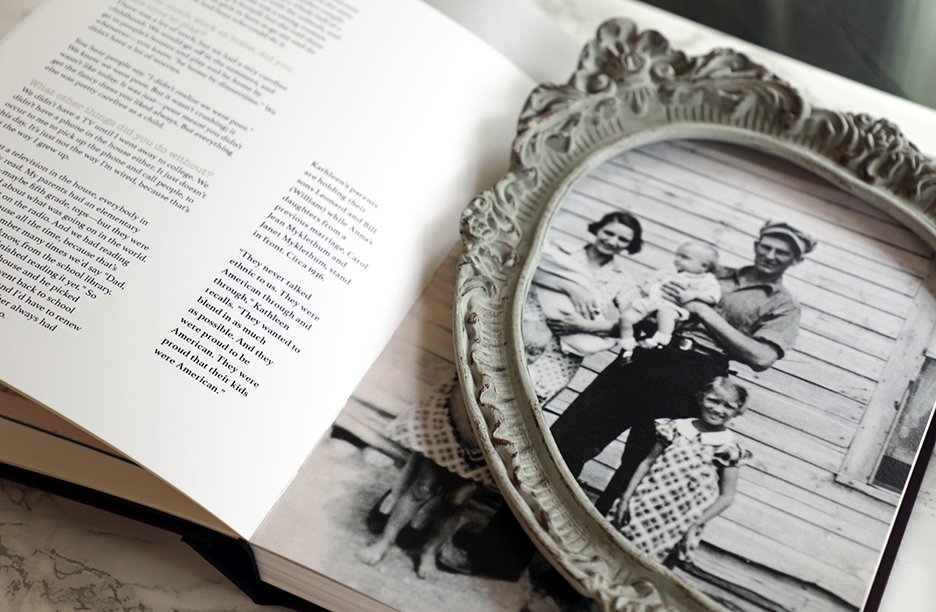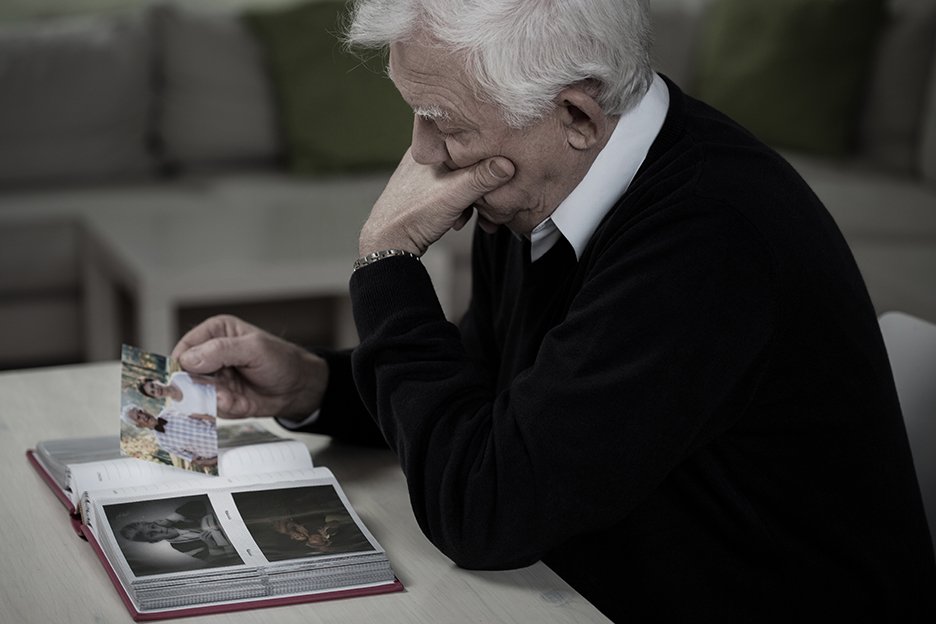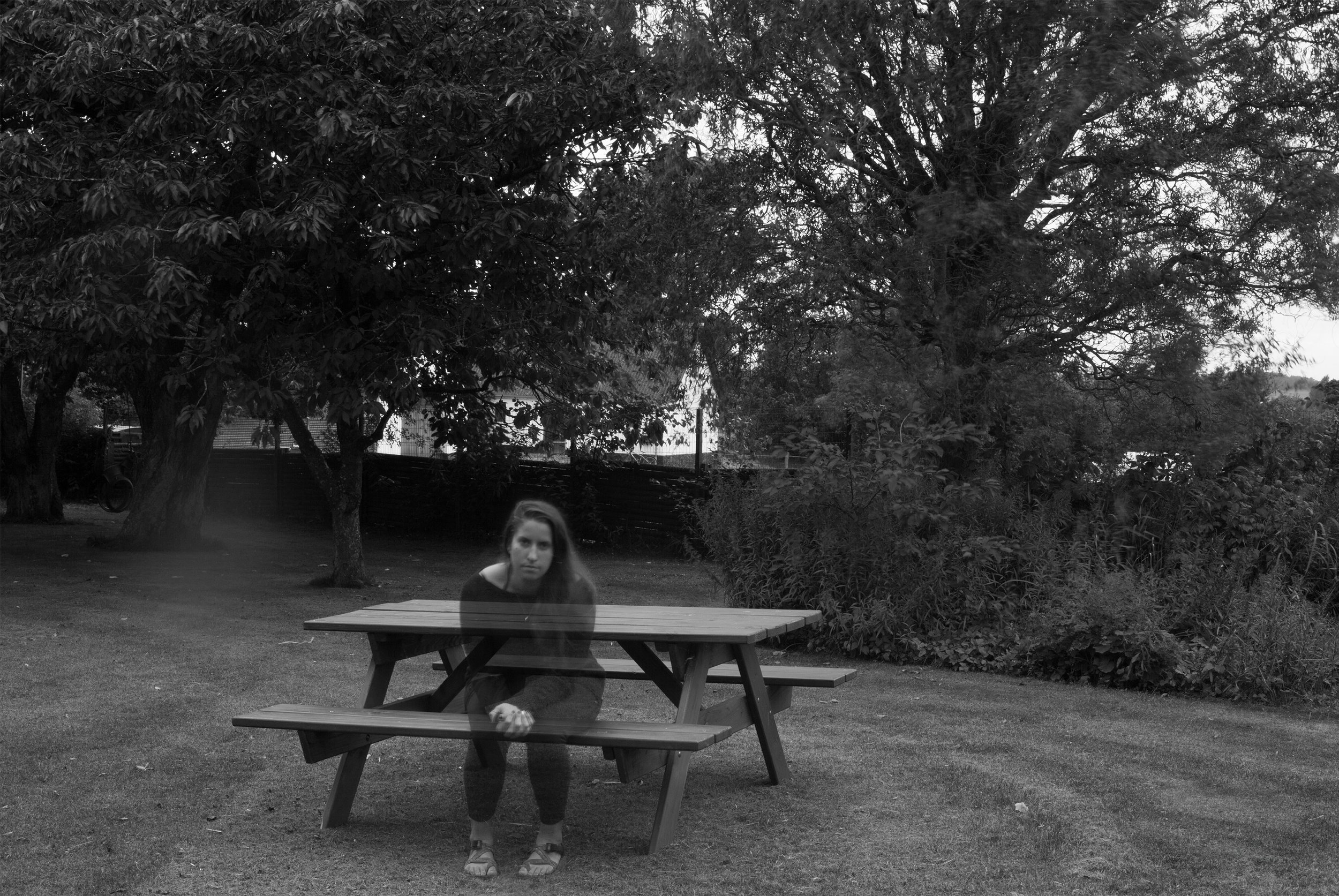Writing about your life is not a selfish act

Writing about your life is an act of generosity, period.
When I meet someone new and the inevitable question, “What do you do?” comes up, I get two very different types of responses when I say, “I help people preserve their stories.”
Some people are intrigued and excited: “Oh wow, I never heard of that—how fabulous!” and “I wish I had captured my parents’ stories!”
Others are baffled and even, sometimes, indignant: “I don’t have any stories that would be of interest to anyone else” or “I’m not a celebrity, so why would I tell my story? It’s so narcissistic.”
I’m here to tell you—with confidence and years of experience to back me up—that your stories matter, and it is NOT narcissistic to tell them. In fact, sharing your stories is an act of generosity.
Here, two distinct ways to think about writing about yourself as a positive endeavor rather than a self-centered act:
Flip the script: It’s selfish to withhold your story from your descendants.
Are there things you wish you knew about your grandfather? How would you feel if your mother passed on a book of stories and photos about her life? Can’t you imagine your own kids engaging with stories of the great-grandparent they never had the privilege of knowing?
It’s a rare gift to receive such a legacy from a loved one.
“To share our story with someone is to say, you matter to me,” Rabbi Steve Leder writes in For You When I Am Gone.
So, I ask you to consider how blessed your descendants will feel when you take the time to preserve your own life stories for them. Let them know you as a full person with lots of lived experience, not just as their father or grandmother.
“Yours may be the words that relieve another’s isolation, that open a door to understanding, that influence the course of another’s path,” Tristine Rainer writes in Your Life as Story. “If you write an autobiography for a great-great-grandniece not yet born, perhaps she will find it in her mother’s drawer, and she will be altered, perhaps even saved, through the wisdom you have sent her.”
Give your descendants this gift.
Your life is worth considering—for you.
“What a poorer and less beautiful thing life would be without the stories and values of the people who loved us and whom we loved most to carry us when they are gone,” Rabbi Leder says. Indeed.
But you know what? Carrying those stories within ourselves has value for us as individuals, too. Self-reflection—which is very different from self-aggrandizement—allows us space to look back on our experiences as growth and learning experiences.
Our lives are works in progress; and while our own story is continually being written, it is worthwhile to dive in RIGHT NOW to bear witness to our own journey, to allow our stories from the past to guide our decisions in the future, and to help us make sense of our experiences.
Barbara Haight, a foremost expert on the study of life review, asserts: “For many who reminisce, the story—the end product—is the most important outcome, but for others it is the therapeutic process of revisiting and reconsidering memories which is more important.”
So consider writing about your life for you. Write towards meaning, without thought for publication or sharing. Discover pieces of yourself on the page, and find joy and purpose in communing with your past selves.
If you’d like help with your life writing, please reach out to see how we can work together. No matter where you are in your personal history journey, I can help support and guide you.
Walking down memory lane can be fun, but writing about your life has big benefits beyond that, including making meaning out of your lived experience.
It’s important to me to stress some sense of urgency about writing about your life—but I don’t think you’ll have regrets if you don’t write about it ALL.
Boxes of old letters, family photos, and mementos from a generation ago can feel like a burden if they’re passed down without context. What to do with them.
You may think you are writing about your life for your family—to honor your ancestors, to give a gift to your descendants. But the truth is deeper. You’ll see.
When Mother’s Day is hard due to feelings of loss, allowing ourselves to linger in our memories may help (and, yes, hurt). A tribute made in grief, and love.
After we record your personal history interviews, I craft your story and photos into an heirloom coffee table book—not a video, not an audio file. Here’s why.
If writing your memoir means enough to you to put it on a bucket list, please read this—I’ll help you easily move it from future project to present-day endeavor.
Your legacy is more than the assets you leave behind—much more. Here, three ways to leave a personal legacy that has a positive impact on your loved ones.
Ignore those naysayers who warn that you must be passed middle age to begin writing your life stories: Start your memoir now, no matter how old you are.
It’s a common but wrong assumption—that telling one's own stories is “narcissistic” or “self-centered.” Truly, preserving your legacy is an act of generosity.
Recording loved ones' stories is important to most Americans, and yet not even half of us have done so. Here, resources to make memory-keeping easier.
Our memories are anything but fixed—and when stories are passed down to a new generation, their malleability, their meaning, and their impact change, too.
Family stories have enduring value. Some you share now may not be relevant enough for your kids to care. But one day they will see themselves in your stories.
Ever wonder what it might be like to work together on your OWN heirloom book project? Listen to past clients' feedback—and words of thanks!—to get inspired.
Writing about your life can be hard—but it’s still worth the effort. (Oh, and you’re wrong that your family members don’t care about your personal history).
Understanding the basics of how our brains encode memory can help us both remember the things we want in the future & retrieve precious memories from our past.
Dear Tim Ferriss: Have you interviewed your parents yet? It is with a healthy dose of humility & a shot-in-the-dark effort that I say to you: Do it now—please.
Is your life too boring to tell people about? Do you think it's self-centered to write a memoir? Or that your kids don't care about your stories? Think again.
It seems obvious: We should ask our parents about their lives—lessons, loves, adventures, ancestors. Then why do so many of us wait too long and then have regrets?
Did you know that listening to and sharing stories can help us live longer, happier lives? Discover three impactful ways to bring storytelling into your life.
I hope you'll take comfort in these personal stories of vulnerability and loss during the holidays. (Sharing memories about loved ones is always a good thing.)
Preserve your parents’ (and grandparents’) stories meaningfully for the next generation with these three ideas that make the process simple and enjoyable.
Sometimes the idea of telling our "life story" is overwhelming. If we think of memoir as a series of smaller life narratives, though, the way in becomes clear.
The Wall Street Journal reports that a growing number of adult children are interested in hearing more of their parents' stories. Are you among them?
A brave group of Jews secretly chronicled their daily existence in the Warsaw Ghetto during the Holocaust. Only one who knew where the archive was buried survived.
Ever tried to talk about your childhood with your grown kids only to be met with a lack of interest? They might not care now, but they will one day—I promise.
The most memorable quotes and takeaways from family history experts Amy Johnson Crow, Curt B. Witcher, Scott Fisher, and Janet Hovorka at RootsTech 2019.
Thoughts from the 2018 International Reminiscence & Life Review Conference including research challenges, anecdotal evidence, and autobiographical memory.
Family history is more than names on a chart; it's people's experiences that hold meaning. A curated list of resources for the genealogist who cares about story.



























“I wish I knew why Mom moved to New York when she was just 16.” “I wish Papa told me how he makes his Sunday sauce.” Don’t wish for stories; ask for them.